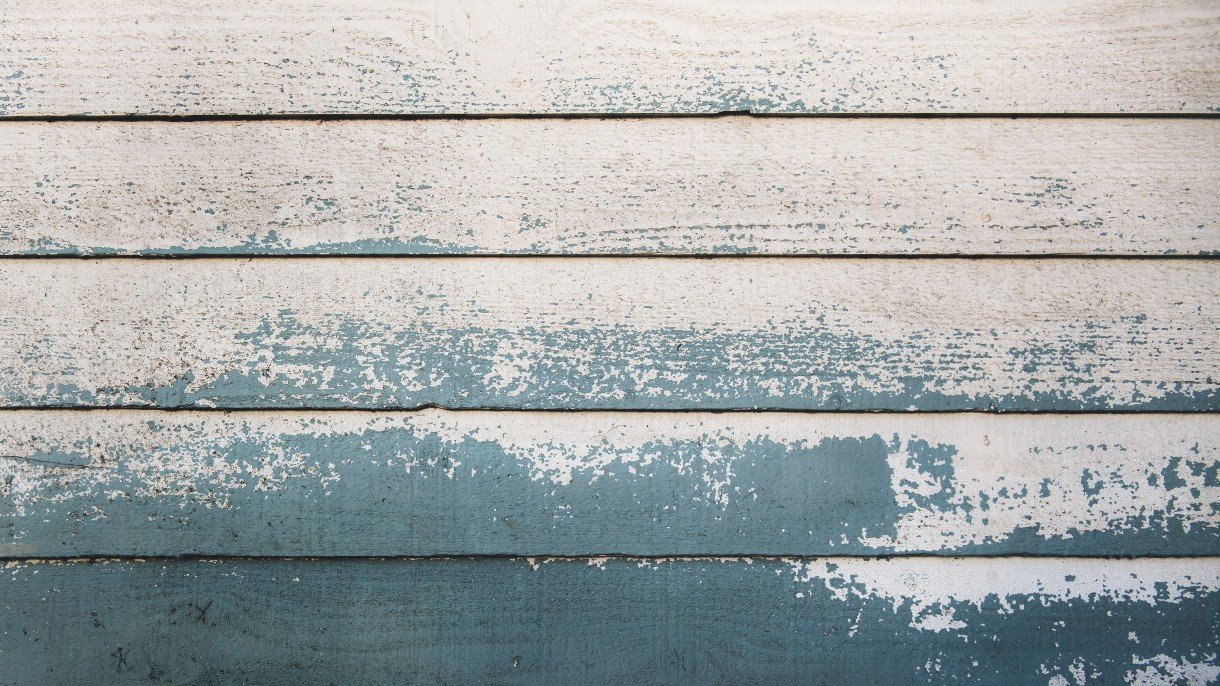Can You Compost Wood?

Wood is a natural material found throughout the world, with many gardens and sidewalks peppered with woody plants like shrubs and trees. Used from everything from paper to furniture, wood is everywhere.
Composting wood waste from your garden is great, but you shouldn’t compost wood from your house or furniture. Instead, you can check if your wooden furniture can be recycled at your local recycling center.
How to compost wood
Wood is rich in carbon and low in nitrogen so can be used as an excellent carbon source in your compost.
Though it takes around 3-4 years for wood to fully compost, if you have a lot of kitchen waste to compost it will balance out.
Composting is ideal for cleaning up any wood from your garden, especially twigs, branches, and stems from pruning plants.
To speed up decomposition, snap or cut the wood into smaller parts. A shredder can reduce wood to shavings quickly, but are not as environmentally friendly as a pair of scissors as most shredders require electricity or petrol.
The following types of wood can be composted:
- Clippings
- Prunings
- Stems
- Twigs
- Small branches
- Shavings
- Sawdust
Because paper is made from wood, you can also use paper as a carbon source. Remember to balance out your carbon-rich sources with nitrogen-rich sources like kitchen waste or grass. If you find you still have too much wood to compost, woody waste can also be used as mulch.
Wood can also be used as a habitat for insects in the garden. By storing wood and letting it rot over time, you can create a playground for insects. However, it will take years for the wood to rot and you might not be fond of the smell it gives off.
Is treated wood safe to be used in compost?
Treated wood can be used in gardens but should not be used in compost.
Wooden furniture, plywood, hardwood, particleboard, fibreboard, and other types of treated wood should not be composted. They are made with other materials that are not compostable, such as bonding agents or preservative chemicals.
The most toxic preservative used to treat wood is arsenic, which has been largely banned from residential use across the world.
Untreated wood rots more quickly when in contact with soil, so treated wood uses alkaline copper quaternary (ACQ) or copper azole (CBA). While they contain no arsenic, these preservatives leach into the ground over time.
ACQ and CBA are less toxic to humans and mammals, but they should not be used near any water as fish and insects are sensitive to copper. Studies are underway to see how copper can be removed from treated wood so it can be reused instead of sent to landfills.
It’s best not to put any treated wood in your compost, but if you have already added some you can dilute the chemicals by soaking the compost with water several times during summer, according to Gardening Know How.

Can manufactured fireplace logs be used for compost?